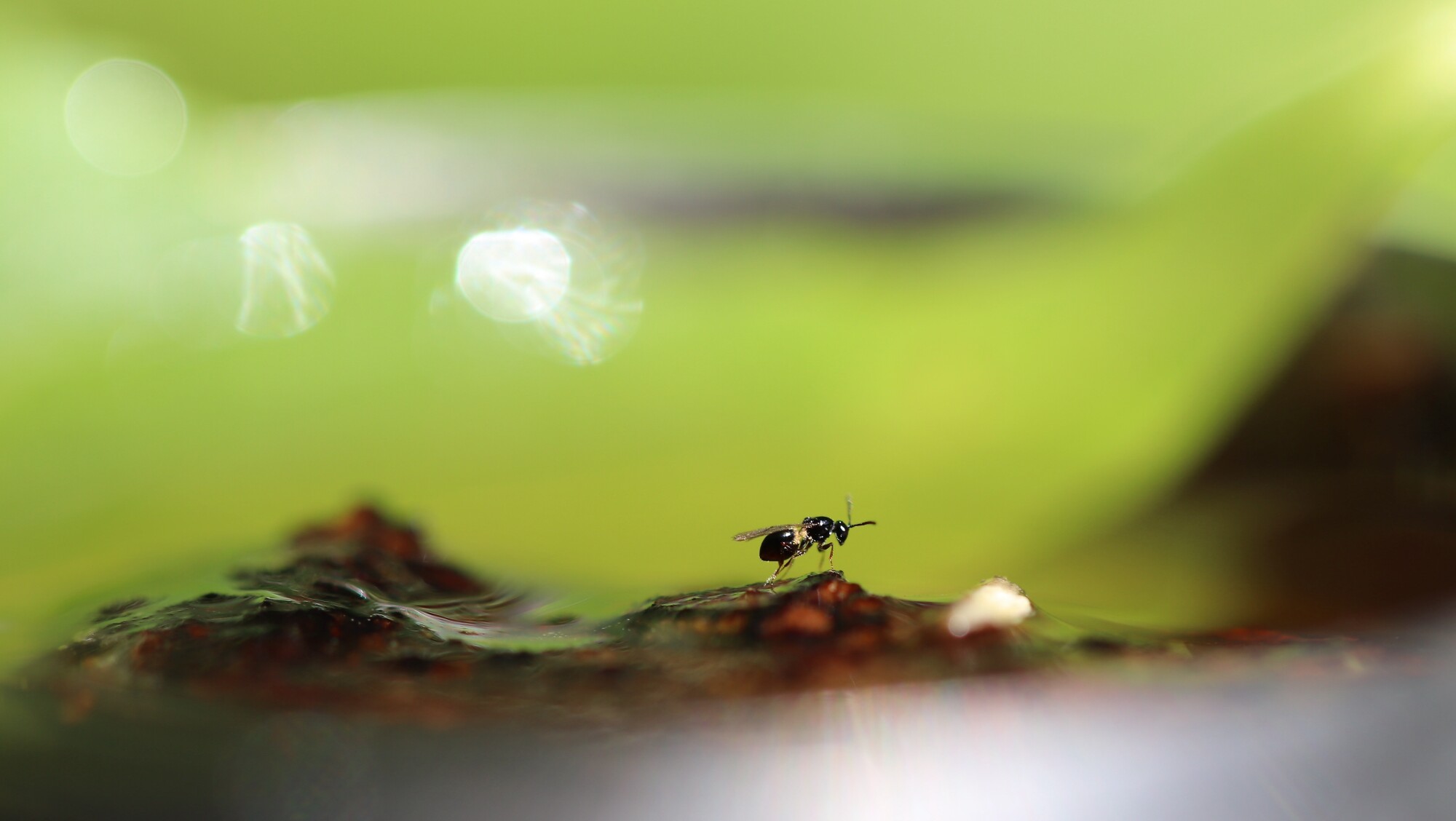Have you ever noticed an oak tree that seemed to have some sort of nut or ball that was too big to be an acorn hanging from its branches? If so, you could be looking at a tree with a horned oak gall wasp infestation. These insects cause bulbous growths on oak tree branches, damaging and eventually killing the tree.
If you have vulnerable oak trees, it’s important to take steps to prevent horned oak gall wasp infestations. Read on to learn more about this pest and how you can tell if it’s in your trees.
What Is the Horned Oak Gall Wasp?
The horned oak gall wasp is an insect that causes golf-ball-sized growths to appear on some oak trees. These insects are native to the Midwest and the eastern United States. In general, you’ll find these wasps in black, blackjack, pin, scrub, and water oaks, especially in young trees.
A horned oak gall wasp growth looks like a rounded brownish lump with white and tan spikes protruding throughout it. In general, you’ll see these growths on younger twigs of the tree that are still developing. Left untreated, these growths can cut off nutrients to growing areas of the tree and cause the crown to die back.
Symptoms
There are a few symptoms you can look for if you suspect your oak tree may be infected by horned oak gall wasps. Of course, the round growths we described are the most obvious symptom. But these take two years to fully develop, and your tree may have suffered a lot of damage by that point.
Earlier in the gall wasp life cycle, you may notice small swellings on the undersides of your tree’s leaves, especially in the spring. If you’re very observant, you may notice black wasps with yellow stripes and a distinctive fan-shaped tail around your tree. However, in most cases, the development of the growths we discussed will be your first clue that you have an infestation.
Treatment
Once your tree is infested, you do have a few options for treatment. The most effective treatments are usually chemicals injected into the trunk of your tree. However, it is important to note that these treatments are most effective at preventing gall wasp infestations, rather than eliminating them.
Unfortunately, there may not be much you can do to get rid of an infestation once you have one. This means that if you have one of the oak species we mentioned, it’s incredibly important to prevent the infestation from ever beginning. Work with an arborist or Maryland pest control company to protect your tree while it’s young and still developing.
Learn More About the Gall Wasp
The horned oak gall wasp is incredibly dangerous for oak trees and can be difficult to treat. Prevention is really your best option if you have one of the vulnerable species we mentioned. Regular inspections can also help to nip these infestations in the bud before they become too serious.
If you’d like to learn more about the horned oak gall wasp, check out the rest of our site at Planet Friendly Pest Control. We are focused on providing our clients with the very best in pest control, rodent extermination, and termite control, while reducing the overall impact on the environment. Contact us today for a free phone consultation with one of our experts and start getting your pests under control.
NEED HELP?
If you live in Southern Maryland, or Northern Virginia
FIND YOUR SOLUTION HERE
People, Pet & Pollinator Safe! Pest control for people who care.
